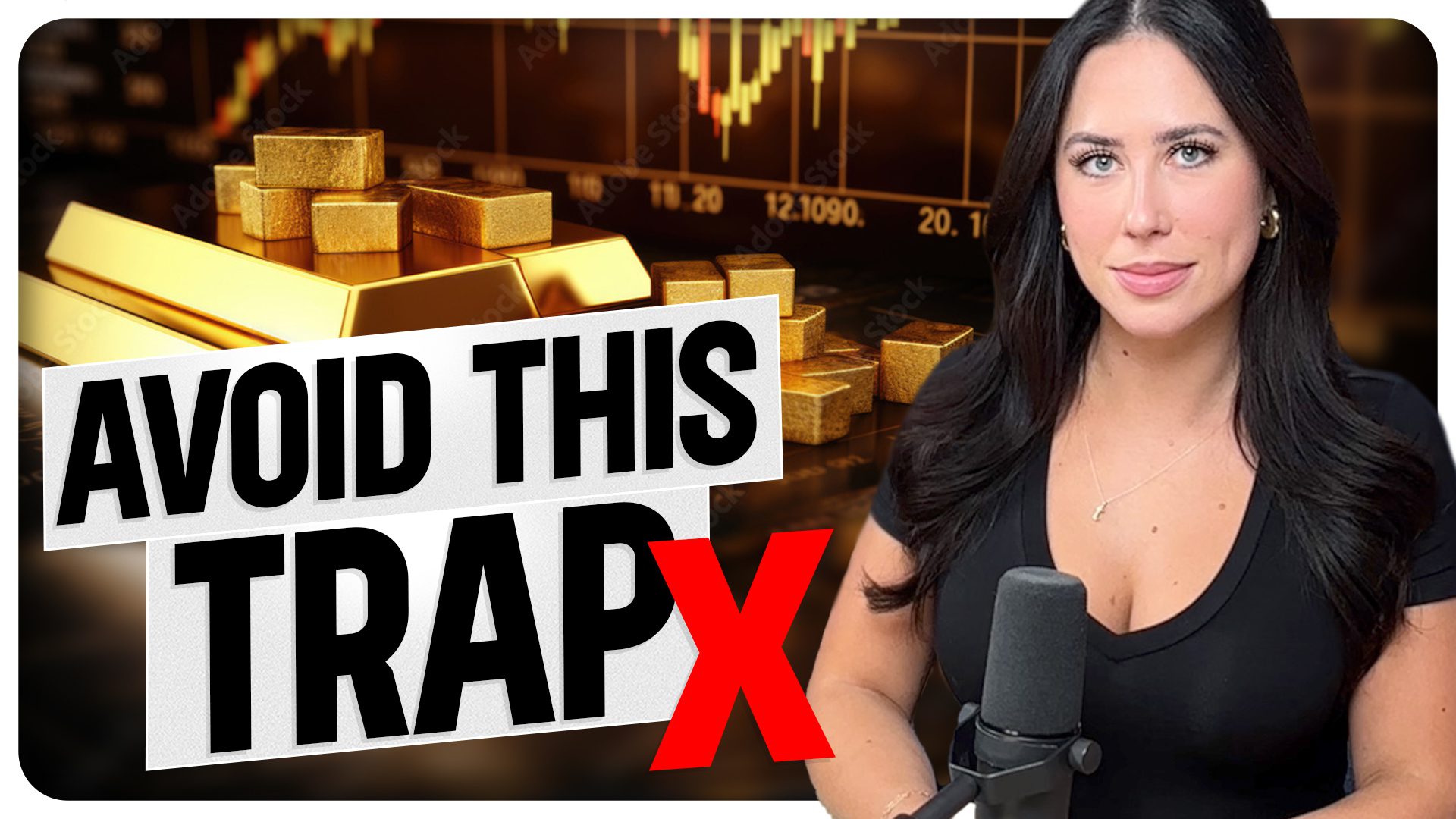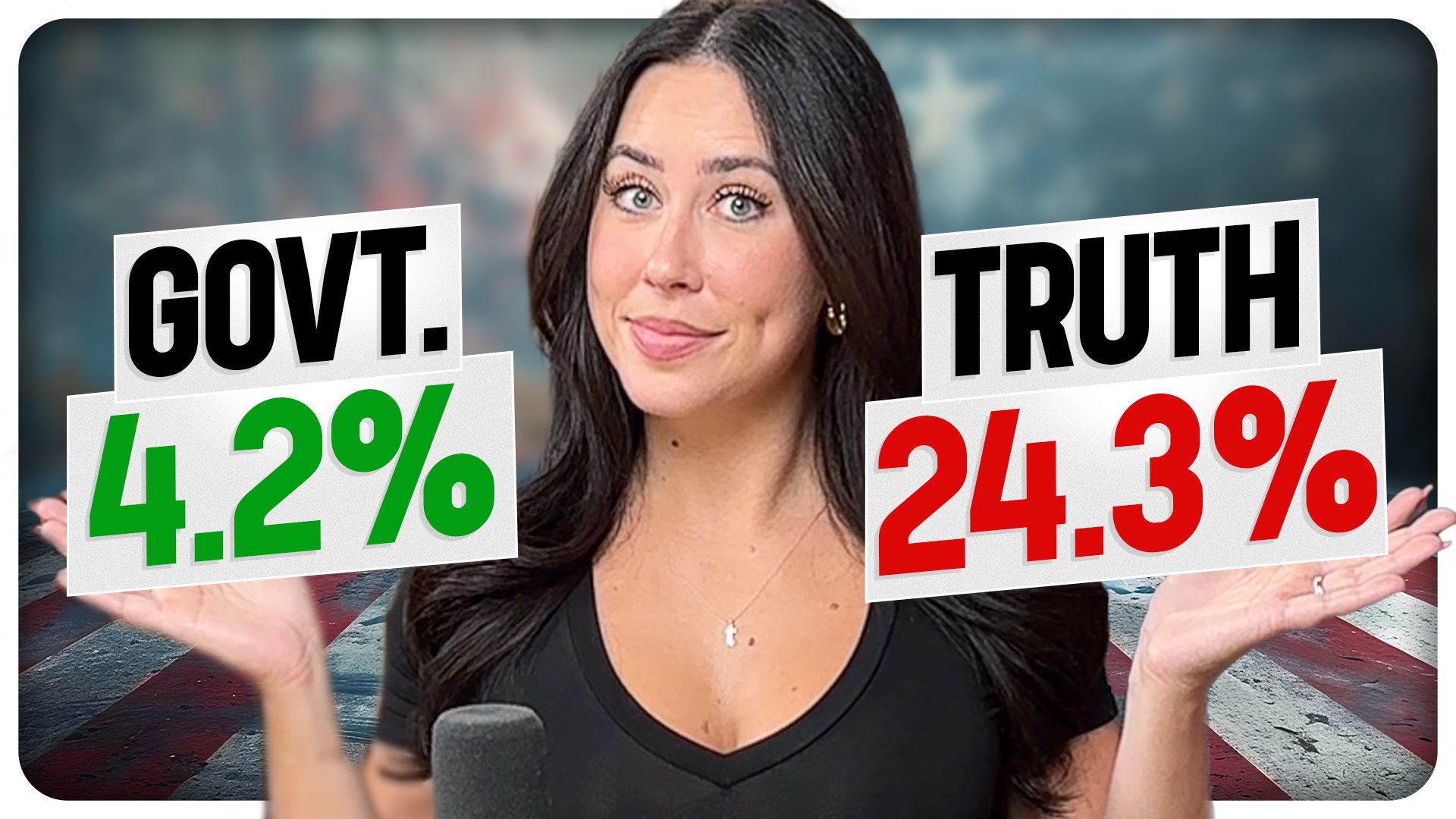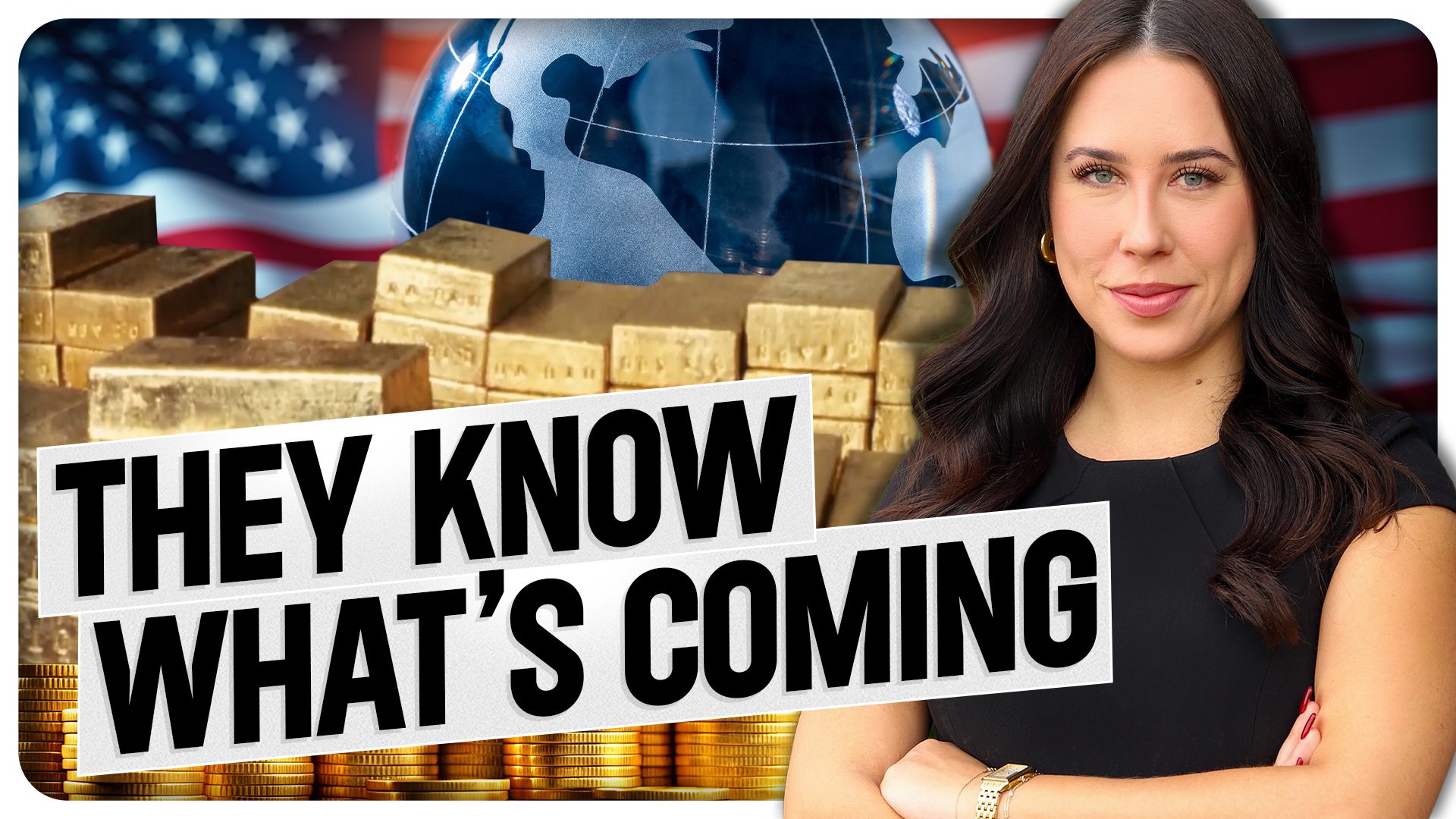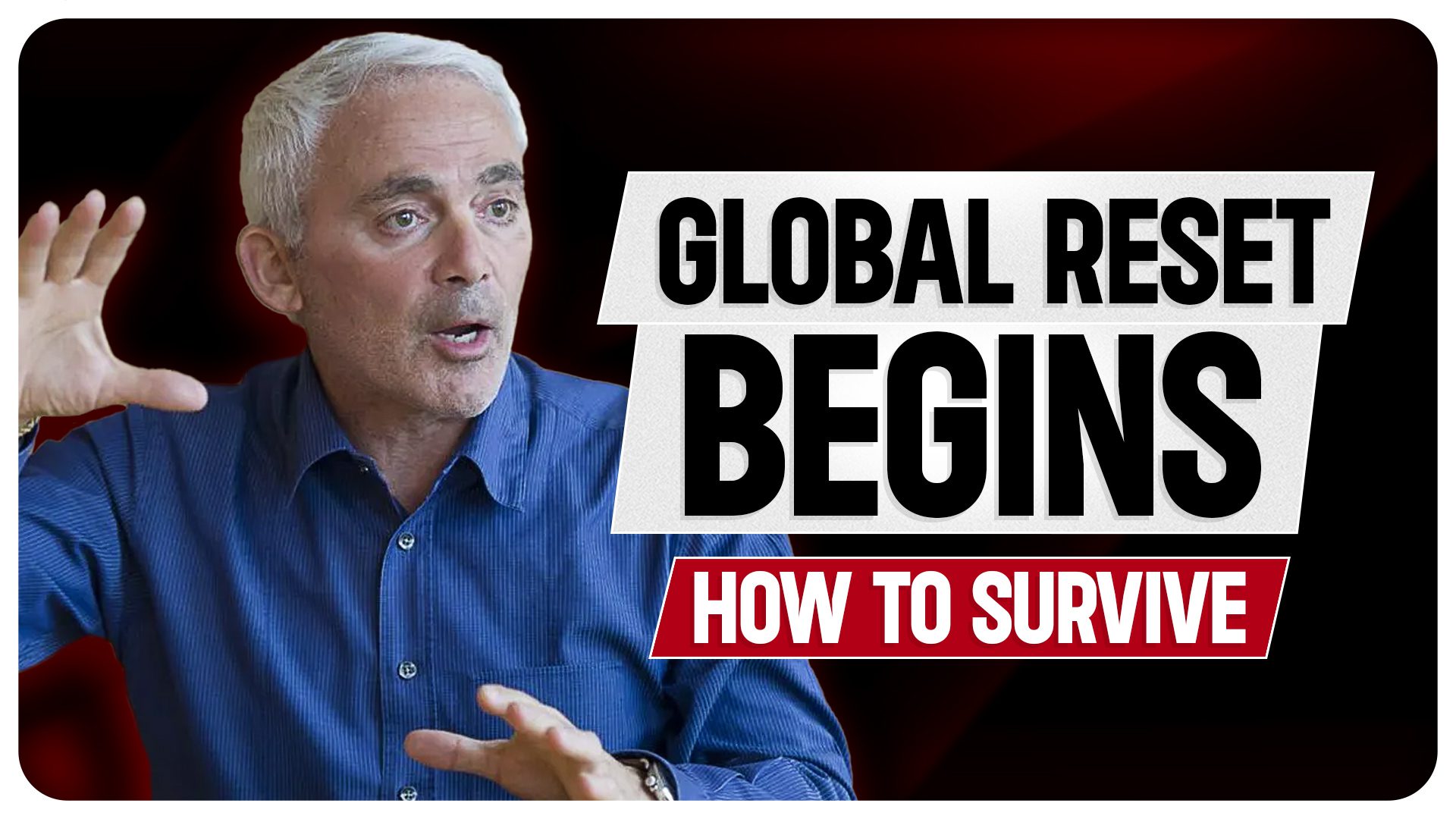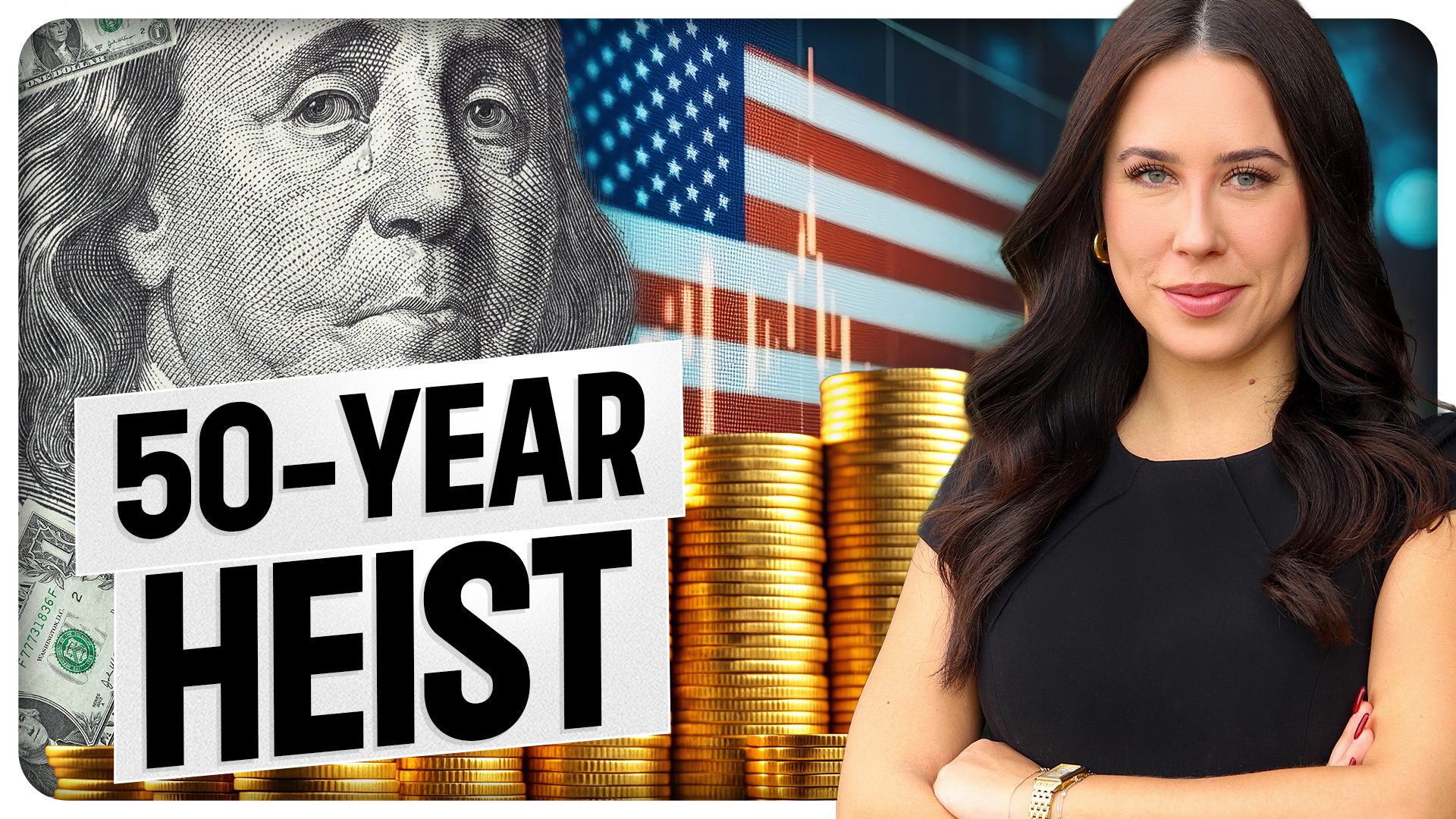🚨 BRICS Summit 2024: Three Days That Will Change the World
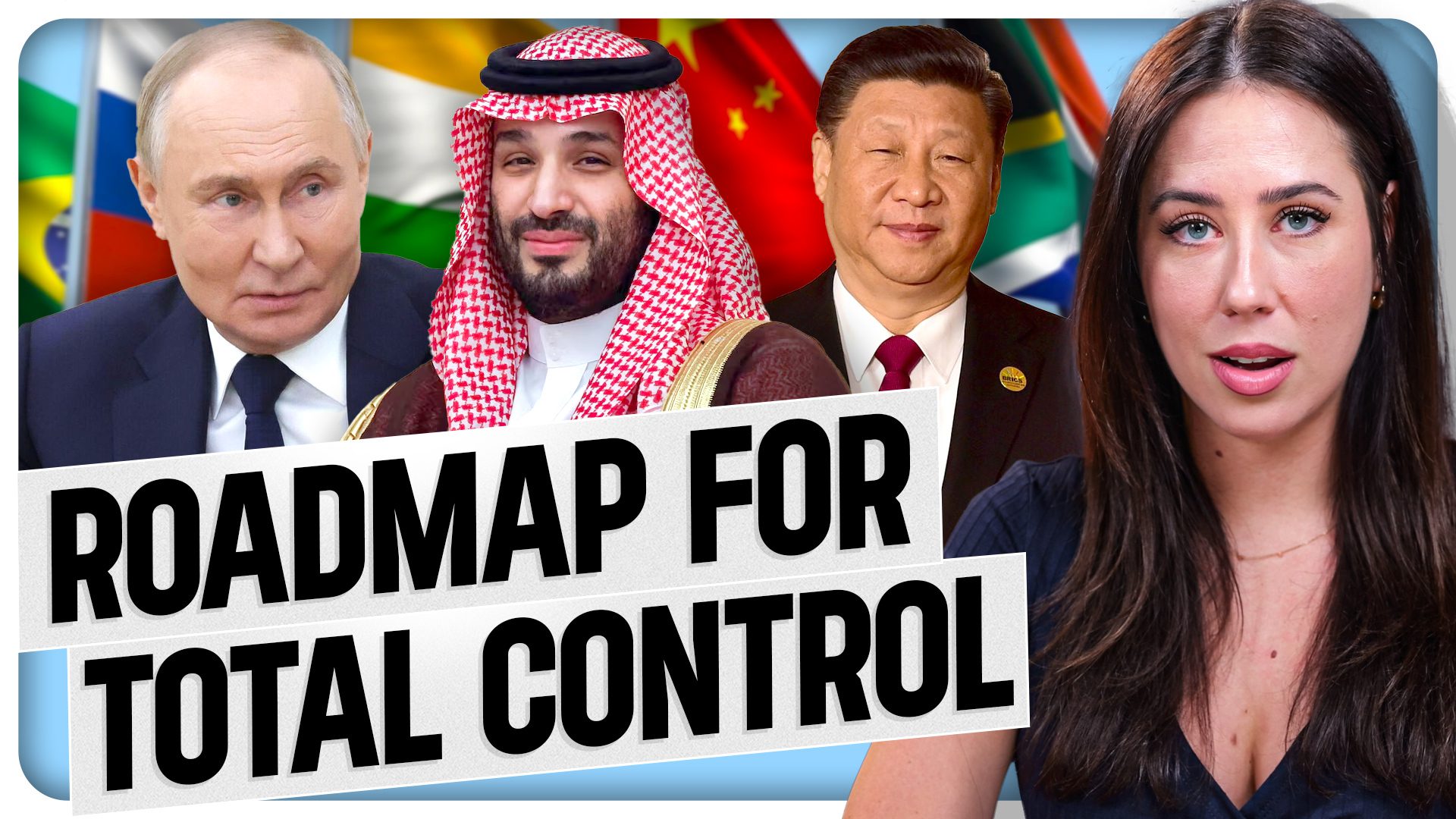
The BRICS 2024 Summit has begun, and it’s poised to reshape the global monetary system. With expanded membership, a potential oil pricing shift, and the introduction of a BRICS Pay platform, this summit could accelerate the decline of the U.S. dollar’s dominance. Discover how these developments could affect your savings and financial security.
CHAPTERS:
00:00 – Introduction: BRICS Summit and Its Global Impact
00:37 – BRICS Expands Membership: A Shift in Power
01:45 – The Petro-Dollar at Risk
02:56 – BRICS Pay: A New Payment System
03:28 – Moving Away from Fiat Currency: Bretton Woods 3
04:39 – Gold as a Safe Haven in the Global Shift
05:47 – Creating Alternatives to the IMF
07:31 – Protecting Your Wealth as De-Dollarization Ramps Up
TRANSCRIPTION:
00:00
The battle for the future of the global monetary system is intensifying, and all eyes are on the BRICS 2024 Summit starting today under Russia’s chairmanship. The summit aims to shape a new world order through expanded membership, a BRICS Pay platform, and critical oil pricing discussions, all while talks about a BRICS IMF-style institution signal a warning to Western dominance, aimed squarely at dethroning the U.S. dollar. But just how close is all of this to happening, and what does it mean for you? Today, we’ll break down everything you can expect to see from this week’s summit, as well as how these advancements pose a direct threat to the dollar and therefore your savings and financial security.
00:37
BRICS, an economic alliance focused on de-dollarization, originally stood for Brazil, Russia, India, China, and South Africa, but has been gaining momentum and over the last year expanded to include Egypt, Iran, Ethiopia, and the UAE. In what is being called the largest hosted political event in Russia, this week’s summit is expected to see over 32 nations, all of which have expressed interest in joining BRICS. By the end of this week’s summit, we could expect to see new members such as NATO ally Turkey, Indonesia, Malaysia, or Petro-dollar partner Saudi Arabia.
01:10
Last year, Saudi Arabia was offered membership but chose to hold off on accepting, choosing instead to maintain their relationship with the United States, giving some the confidence that the dollar wasn’t in that much trouble. But this year, all of that could change. In fact, oil-producing country UAE President Muhammad bin Zayed al-Nahyan and Russian President Putin already met yesterday ahead of today’s summit to discuss the possibility of pricing oil in alternative currencies. Should the UAE strike a new agreement, or should Saudi Arabia officially join BRICS, the dollar’s position as the global reserve currency—and therefore the foundation of the United States’ global influence and power—would almost immediately be in jeopardy.
01:45
This is because, since the 1970s, the demand for dollars has remained somewhat stable, primarily thanks to the Petro-dollar agreement between Saudi Arabia and the U.S., which dictated that oil would be priced in USD. But in recent years, this has become shaky, especially as the UAE has deepened ties with China and has considered pricing more oil in yen or other alternative currencies. While the dollar wouldn’t lose all value overnight, we could expect to see higher borrowing costs for the United States, resulting in more inflation—meaning that there would be a significant decline in the standard of living here in the U.S.
02:56
But oil pricing is only one of the threats to “King Dollar” expected to come out of this week’s summit. With a new payment system already being teased, and many expecting even larger announcements to follow this week, the first footage of a BRICS Pay system, which bypasses the U.S. dollar for trade and transactions, was released. BRICS Pay is a type of credit and debit card blockchain system that transfers currency in real time without the need for any Western-controlled technology. Although there will be many more details coming out this week, the card might soon be live across BRICS countries, significantly increasing local currency utilization and reducing dependence on the U.S. dollar.
03:28
In addition to the BRICS Pay system, many are also speculating that this week there will be an announcement some are referring to as the Bretton Woods 3 agreement—essentially a move away from “inside money” and towards “outside money.” Inside money is not money at all, but rather fiat currencies like the U.S. dollar or the yen, whereas outside money is outside of the typical financial framework of their control, such as commodities like oil or gold. These countries understand that gold is true money—that it has intrinsic value because there is a finite amount of it. Therefore, it is always going to be a safe store of value, unlike a fiat currency that can be devalued at a country’s whim or weaponized against another country.
04:01
If a country were to hold large quantities of physical gold, it ensures that should they launch a new gold-backed currency, there would probably be more trust in that currency. It also means they are far less likely to be at the mercy of U.S. policy-making decisions. Following the hit on Russia’s financial system by the U.S. after invading Ukraine in 2022, Russia and other BRICS countries are focused on ensuring they don’t find themselves in the same powerless position again with their U.S. assets frozen or seized.
04:39
This is why China’s central bank has been decreasing their U.S. holdings and significantly increasing their gold reserves, in what could be a play to launch a gold-backed currency or just to strengthen their options outside of the U.S. dollar. Russian Finance Minister Anton Siluanov stated last week, and I quote, “It is necessary to form new conditions or even new institutions similar to the Bretton Woods institutions, but within the framework of our community, within the framework of BRICS.” The current plan includes the creation of centers for mutual commodity trade, meaning that those who hold large quantities of oil or gold would be in positions of power. Hence, the large-scale purchases of gold against a backdrop of ever-growing geopolitical unrest.
05:47
It’s therefore no surprise that gold continues to hit all-time highs this week as the war in the Middle East intensifies and tensions continue to rise around the globe. But it’s not just a new payment structure or potentially a new currency that the BRICS countries are after. This week, it’s expected that there will be calls to create an alternative to the International Monetary Fund (IMF). Many BRICS members would argue that the IMF has long favored wealthy nations—specifically those in the West—often at the expense of other developing nations they have claimed to help.
06:20
Funny enough, this week, Washington is hosting the World Bank and the IMF, but this year is the first year that there is a direct alternative and threat to those institutions at the same time that the BRICS summit is taking place in Russia. This is why many support the BRICS bloc alliance—because they’ve seen that the West, and specifically the United States, have been oppressive for far too long, especially now that many are concerned about a potential U.S. dollar currency revaluation.
06:53
As the United States national debt continues to climb out of control, many wonder: what is the breaking point, especially with de-dollarization efforts ramping up? As the dollar continues to lose more value, will there be a day when Central Bank Digital Currencies (CBDCs) are ushered in, but ushered in at a rate that is worth far less than the dollar currently is? If so, it would all but ensure that anyone holding dollar or dollar-denominated assets would lose everything, as we’ve seen with other countries that have experienced hyperinflation. This could be a very real possibility should the dollar lose its reserve status, which is exactly what this BRICS bloc summit is focused on.
07:31
This is why individuals and central banks are buying gold at rapid rates—to ensure that they are protected against a potential dollar collapse. I know there are those out there who will say, “Well, the dollar will never collapse; that will never happen. This is just spreading fear.” But ultimately, the reason why it wouldn’t happen is because too many countries don’t want to see it collapse—they have too many dollar reserves. But if these exact countries are getting rid of their dollar reserves in favor of gold or alternative currencies, and are looking to dethrone the dollar, then at a certain point, the dollar is no longer protected.
08:03
While it might not go to zero, could it go to 10 cents? Could it lose 90% or 80% of its purchasing power? How much are you okay to lose? And again, this is only day one—we are just getting started. So, I’m sure there’s going to be a lot more information that comes out this week, which I will be following closely and making sure I bring to you. But in the meantime, I know it’s a lot, so if you want to have these points handy so that you can reference them or share them with your friends and family, I made a straightforward, free downloadable guide so that you can have these talking points. You can download it using the link below, so make sure to get your copy and let me know in the comments below—what are you expecting to see this week? What are you most concerned about?
09:07
I know there’s going to be a lot happening, so if you’re not already, make sure you’re subscribed because, like I said, I will be covering this again with updates as we learn more. In the meantime, as always, I so appreciate you being here. I’m Taylor with ITM Trading, your trusted source for all things gold, silver, and lifelong wealth protection. Until next time.
